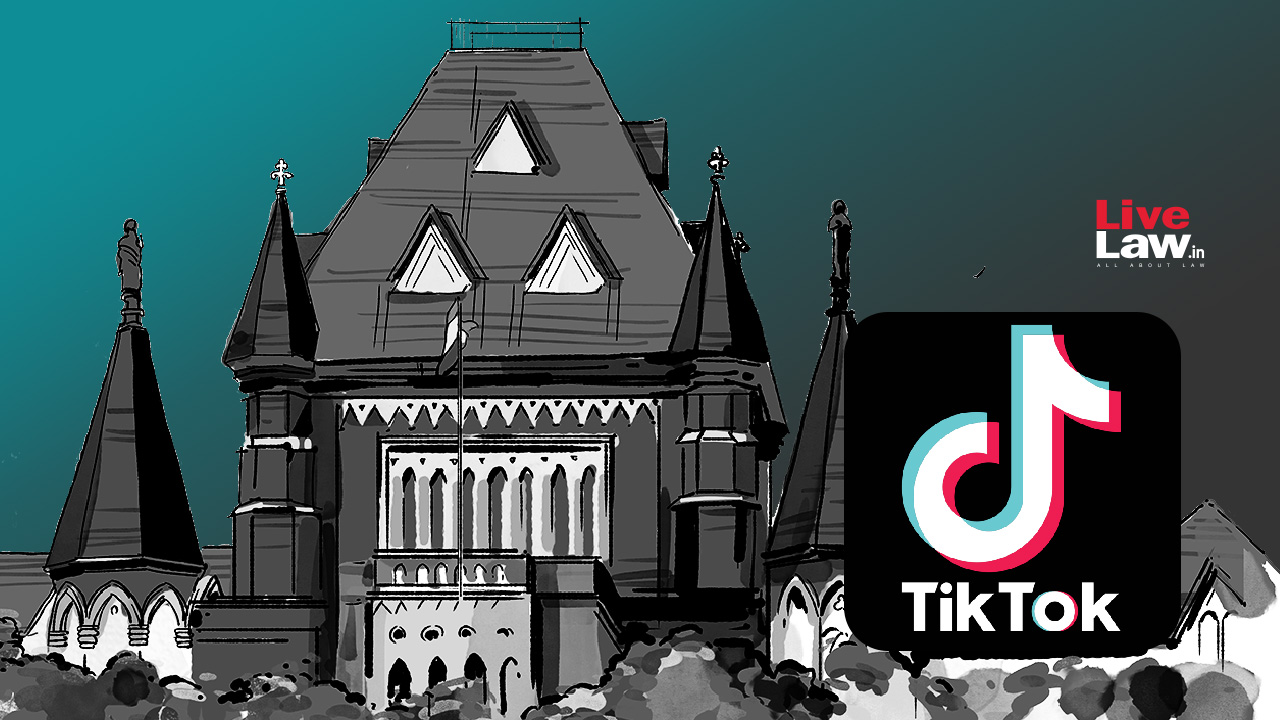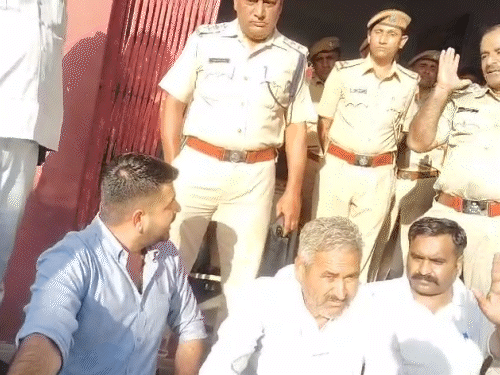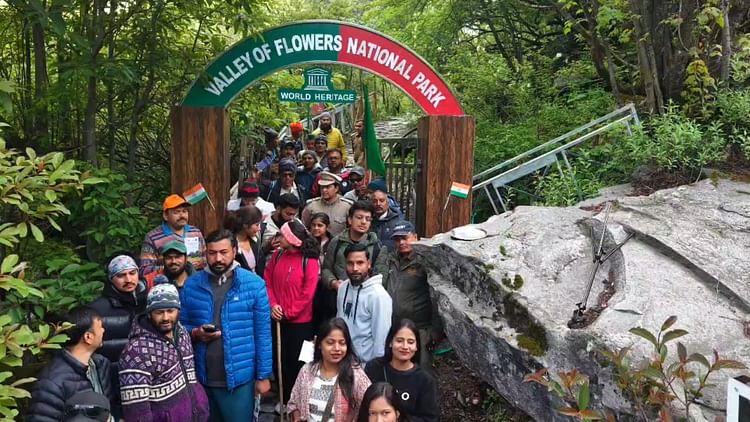Bombay High Court Upholds Trademark Refusal for TikTok, Citing National Security Concerns
The Bombay High Court Upholds Refusal to Recognize TikTok as a Well-Known Trademark
In a significant ruling, the Bombay High Court has affirmed the Registrar of Trade Marks’ decision to deny TikTok the status of a “well-known mark” under the Trade Marks Act. This ruling comes as the social media platform remains banned in India, raising questions about brand recognition and public perception amidst ongoing security and data privacy concerns. Let’s delve deeper into the details of this landmark decision and its implications.
The Decision: Context and Rationale
On June 10, 2024, Justice Manish Pitale of the Bombay High Court ruled that the ban imposed on TikTok by the Indian government played a critical role in the refusal to recognize it as a well-known mark. The court noted that under Section 11(6) of the Trade Marks Act, the Registrar is permitted to consider relevant factors while deciding on the well-known status of a trademark. The judge specifically stated:
“This Court is of the opinion that the banning of the application of the petitioner i.e. TikTok by the Government of India… is indeed a relevant fact taken into consideration by the Registrar.”
This statement underscores the court’s inclination to consider regulatory actions and government interventions when determining the standing of a trademark in the market.
Impact of the Ban on Brand Reputation
The ruling rests heavily on the implications of TikTok’s ban, which was instituted for purported threats to India’s sovereignty and integrity. The government cited serious concerns relating to:
- National sovereignty and integrity
- User data privacy
- Issues of cyber bullying and inappropriate content
These factors led to TikTok’s prohibition in India, making its claim for well-known status all the more complicated. The court confirmed that the Registrar’s consideration of these issues was not only justified but necessary when evaluating TikTok’s position in the market.
A Breakdown of TikTok’s Arguments
In its petition, TikTok argued that the rejection was primarily based on its controversial status and the ban itself, claiming that the Registrar failed to adequately analyze the surrounding circumstances. Key points raised by TikTok included:
- Controversial Status: TikTok acknowledged its controversial image, stating it should not solely define its recognition as a well-known mark.
- Need for Deeper Analysis: The petitioner argued that the order lacked a rigorous examination and relied excessively on existing government press releases without further elaboration.
- Comparison with Other Apps: TikTok pointed to instances where other applications had their bans lifted, asserting that its situation should not be treated differently.
However, the court dismissed these arguments, making it clear that they did not mitigate the impact of the ban or alter the relevance of the factors considered by the Registrar.
Data Privacy Concerns
One of the core issues leading to TikTok’s ban was data privacy. The Indian government expressed apprehensions about user data being transferred out of the country, specifically highlighting that TikTok’s servers were located in China.
This has broader implications for tech companies operating in India, where the government is increasingly vigilant regarding national security and data protection. A review of the court’s findings reveals that several instances of content misuse on TikTok were noted, including:
- Instances of morphed photographs
- Reports of cyber bullying
- Distribution of sexually explicit material
With rising scrutiny over digital platforms, this ruling may set a precedent for how law considers apps facing similar bans in the future.
Expert Opinions
Legal experts anticipate that this ruling will have long-lasting effects on both TikTok’s branding strategy in India and the broader landscape of social media regulation in the country. Many argue that such legal decisions could either strengthen or weaken the positions of foreign tech companies seeking to establish a foothold in the Indian market.
In light of heightened national security concerns, companies may need to reassess their strategies regarding data management, compliance, and brand reputation.
Conclusion: A Key Precedent
The Bombay High Court’s ruling is a poignant reminder of the interplay between digital platforms and government regulations in today’s landscape. TikTok’s battle for recognition as a well-known mark has highlighted the inherent challenges faced by tech companies operating in a complex legal environment.
As countries around the world grapple with the implications of the digital age, this case sets a noteworthy precedent for how bans may affect brand recognition under trademark law. With tensions between national security and technological innovation at an all-time high, it remains to be seen how this landscape will evolve in the coming months.






